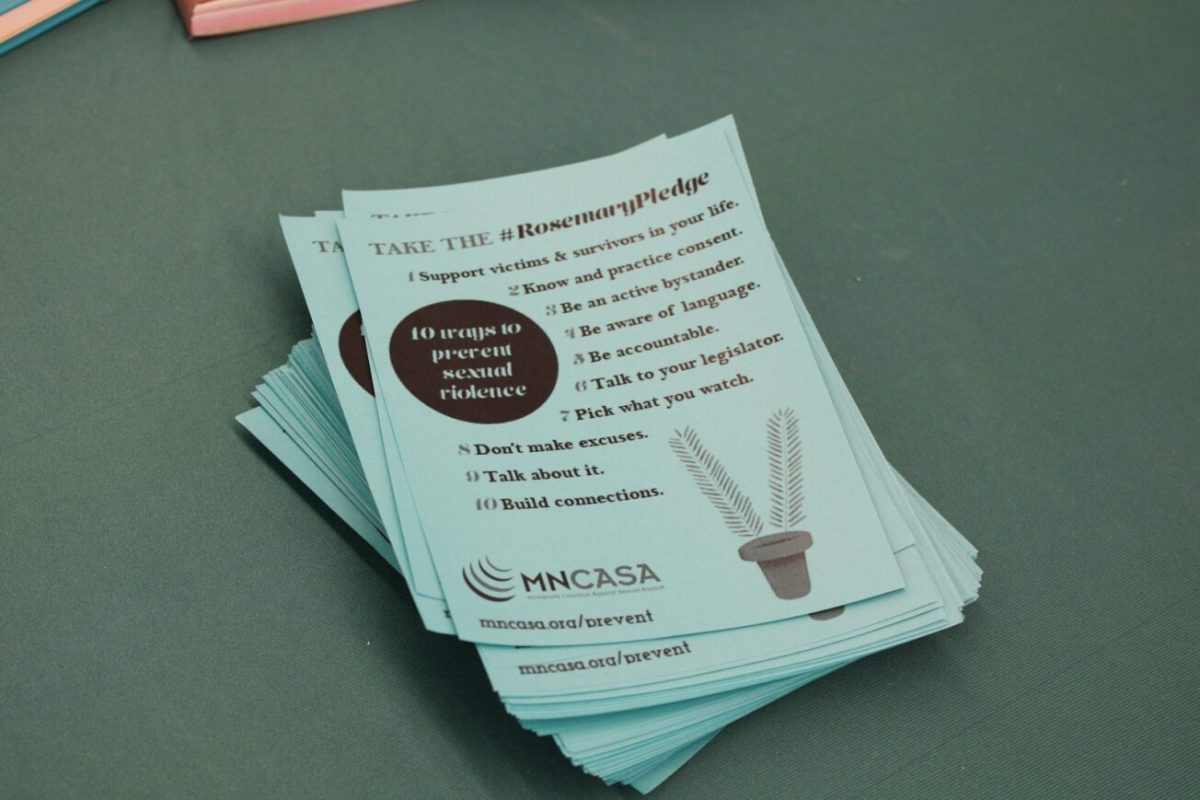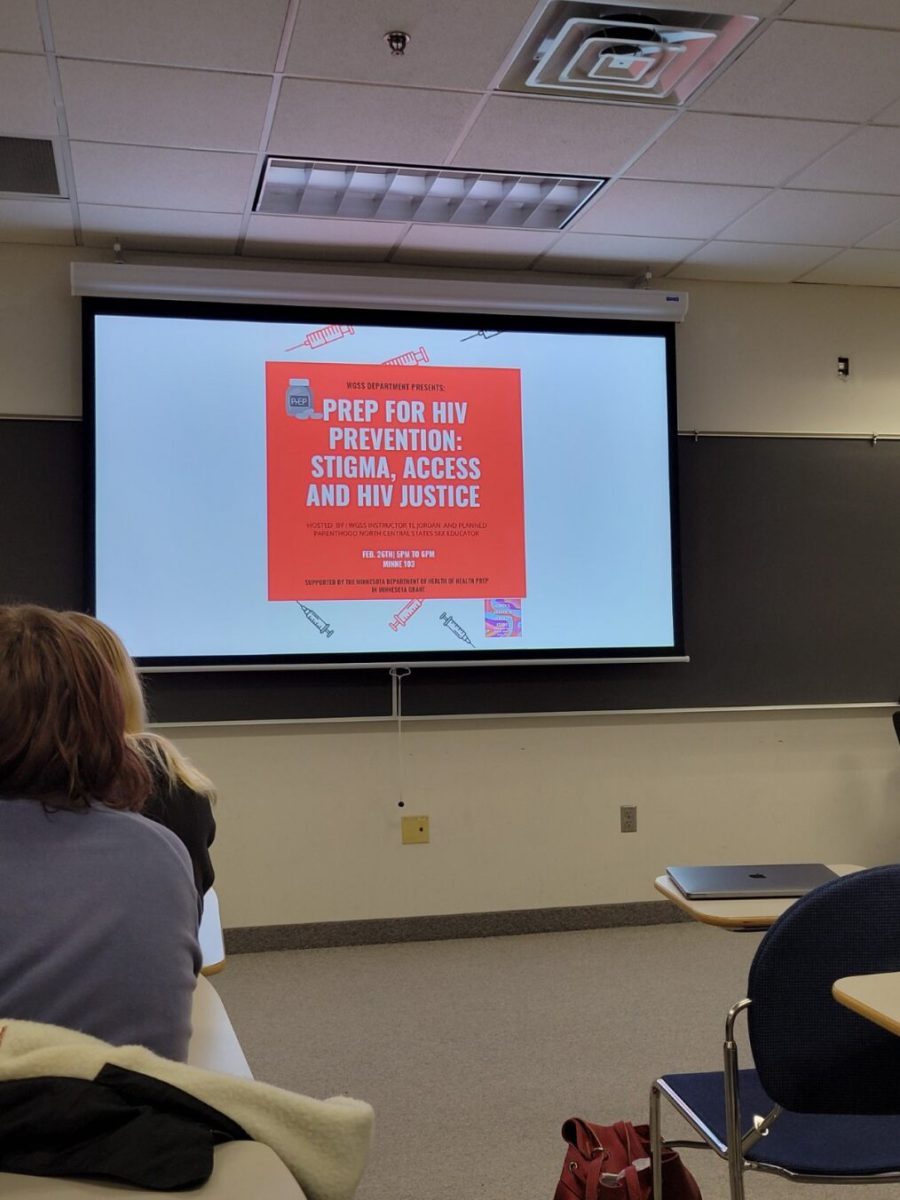Skipping class: the cost of absence
Skipping classes is something that almost every student has done in their time at college. Whether it is because of work, extracurriculars or just wanting to sleep in, skipping class can be addictive since there are few consequences at the time.
October 28, 2022
As students, we make many choices. Do you get in the long line for a sandwich at lunch or do you look for something else? Should you change your major to better suit your interests? Should you go to class if you know it won’t benefit you in the ways you need?
Sometimes the snooze button is more appealing than a lecture. Skipping class in high school was a dangerous game, hiding in the bathroom from jangling keys owned by teachers, timing when would be the best time to walk out those doors, and erasing the voicemail from the school that you missed class. In college, you don’t get a call home. With more freedom in college, it makes skipping classes almost too easy.
Skipping classes is something that almost every student has done in their time at college. Whether it is because of work, extracurriculars or just wanting to sleep in, skipping class can be addictive since there are few consequences at the time.
Once time passes, though, students can possibly fall behind or become overwhelmed with what they missed. For others, it doesn’t seem to be a big deal…or is it?
Based on a New York Times article, about 60 percent of Harvard students attend their lectures on average. So what is the other 40 percent doing?
“I have skipped a number of classes over my last 3 years,” third-year Winona State University student Isaac Tepolt said. “It was more so to do with the fact that I either didn’t feel like going and wanted to sleep or I occupied that time in other ways.”
Based on a survey of over 1,000 full-time college students done by student loan hero, 1 in 4 students have skipped class to go to work. While this is not always the case, work, social lives and extracurriculars do play a part in skipping.
“Going to class is important, especially since a three-credit course has an $800 price tag,” Tepolt said. “There is value in going to every class, but I feel sometimes conversations become redundant and are not always engaging.”
When in college, students are given more freedom than in high school. More simply, college students skip just because it is the first time they feel like they can.
“I’d like to believe that I don’t skip class too much,” Tepolt said. “I do skip a class at least once every two weeks.”
In college, your work ethic and habits grow and change. If skipping becomes a habit it is not only costly, but it affects your view on being present. If you skip work because you feel it would be boring and want to do something else, you will get fired or given a warning.
“My advice for students who skip multiple classes a week would be to not. Unless you are on mommy and daddy’s dime and genuinely will not be negatively affected by this large financial burden of what college is then party on,” Tepolt said. “However, if this is coming out of your pocket I would say that one day you’ll regret throwing away $800 just because you skipped a large number of days. Skipping class is an okay thing to do as long as you know you can pull the homework out of your ass and get a good grade.”












































